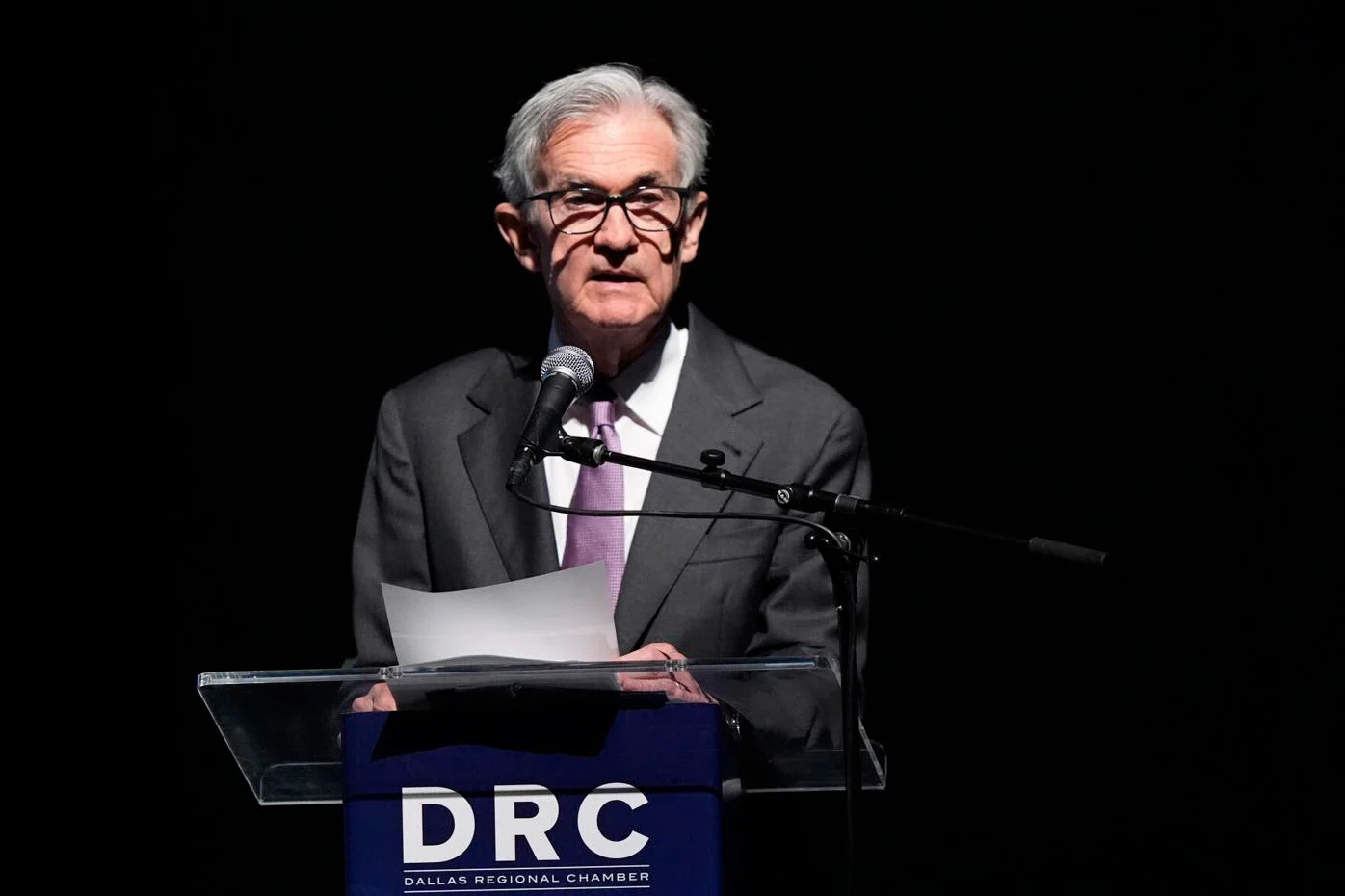Amidst speculation about the Bank of Japan’s potential move to end negative interest rates in March or April, a former adviser to the late Prime Minister Shinzo Abe, Etsuro Honda, has voiced strong opposition. Honda argues that prematurely abandoning negative interest rates could risk pushing Japan’s economy back into a deflationary spiral.
The speculation surrounding the end of negative rates is fueled by expectations that major Japanese firms will announce higher pay raises during the annual spring labor-management talks concluding on March 13. However, Honda points out that small firms, which wrap up wage talks by June, face challenges in raising wages further due to the high ratio of workers’ share of corporate profits.
Honda emphasizes that negative rates primarily apply to inter-bank operations and the application of risk premiums in corporate borrowing scenarios. He contends that ending negative rates prematurely, especially amid economic uncertainty, would be ill-advised.
As a former special adviser to the cabinet and an architect of the ‘Abenomics’ stimulus policy, Honda still holds influence with policymakers and lawmakers in Japan. Last week, he addressed a gathering of lawmakers led by Sanae Takaichi, a prominent figure in the ruling Liberal Democratic Party and potentially Japan’s first female prime minister.
Honda’s stance contrasts with recent comments from Kansas City Federal Reserve Bank President Jeffrey Schmid in the United States. Schmid, signaling a focus on the threat of high inflation, expressed a reluctance to cut interest rates preemptively. He emphasized the need for patience and a careful approach to policy adjustments, especially with inflation running above the target.
While Schmid’s remarks align with a cautious approach shared by some other Fed policymakers, the debate over interest rates and policy adjustments continues amid concerns about inflation, labor markets, and potential disruptions such as those in shipping routes in the Red Sea.



